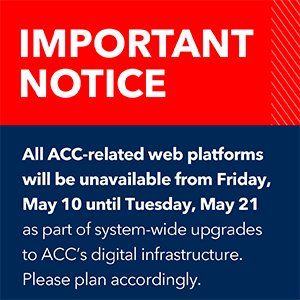STEP: Aggressive BP Management in Older Chinese Patients With HTN Improved CV Outcomes vs. Standard Care
In older patients with hypertension, intensive blood pressure treatment with a systolic blood pressure (SBP) target between 110 mm Hg and 130 mm Hg lowered the incidence of cardiovascular events without increasing adverse outcomes compared with standard treatment, based on findings from the STEP trial presented as part of ESC Congress 2021 and simultaneously published in the New England Journal of Medicine.
The multicenter trial enrolled 8,511 Chinese patients with hypertension between the ages of 60 to 80 years and randomly assigned them to either intensive hypertension treatment (SBP target between 110 mm Hg and less than 130 mm Hg) or standard treatment (SBP target between 130 mm Hg and less than 150 mm Hg). Participants were scheduled for follow-up once a month for the first three months and then every three months thereafter until month 48 or until the end of study. Home blood pressure was monitored using a smartphone-based application and each patient had the same validated automatic home blood pressure monitor. If blood pressure was not measured regularly and transmitted to the data center, the app sent reminders via WeChat.
Overall results found that at one-year of follow-up, the mean SBP was 127.5 mm Hg in the intensive-treatment group and 135.3 mm Hg in the standard-treatment group. During a median follow-up period of 3.34 years, the primary outcome (a composite of stroke, acute coronary syndrome, acute decompensated heart failure, coronary revascularization, atrial fibrillation, or death from cardiovascular causes) occurred in 3.5% of patients in the intensive-treatment group (n=147) compared with 4.6% of patients in the standard-treatment group (n=196), with a relative risk reduction of 26%. Researchers also noted 33% lower relative risks of stroke and acute coronary syndrome, respectively, among individuals in the intensive-treatment group. With the exception of hypotension, which was higher in the intensive-treatment group, safety and renal outcomes were not significantly different between the two groups.
"Several large trials have shown a beneficial effect of intensive blood-pressure control on cardiovascular outcomes in older patients, but the appropriate SBP target remains unclear. Our large trial provides important evidence, showing that a reduction in the SBP to less than 130 mm Hg resulted in cardiovascular benefits in older patients with hypertension in China," the study investigators said. Principal investigator Jun Cai, MD, of the Chinese Academy of Medical Sciences, Beijing, China, also stressed the importance of home blood pressure monitoring, saying it "more accurately reflected long-term fluctuations in blood pressure than office measurements."
In a related editorial comment, Mark R. Nelson, MBBS, MFM, PhD, explains, "The concept pursued from SPRINT – that SBP targets below currently accepted levels provide real clinical benefits with relative safety – was confirmed." However, he adds that perhaps the STEP trial is another impetus for broader adoption of an approach of focusing on the absolute risk of adverse cardiovascular events, rather than on blood pressure alone.
Clinical Topics: Geriatric Cardiology, Prevention, Hypertension
Keywords: ESC Congress, ESC21, Blood Pressure, Hypertension, Primary Prevention, Geriatrics, ACC International
< Back to Listings

